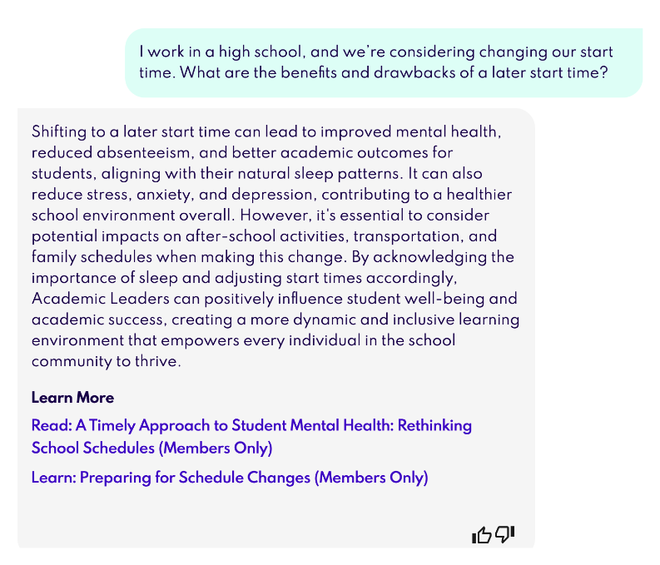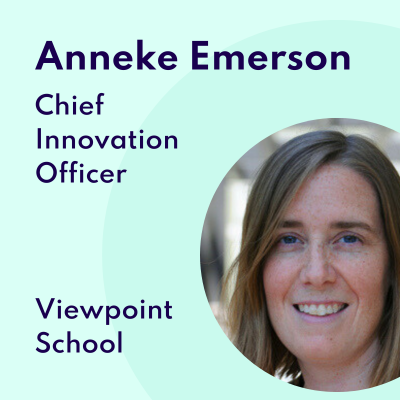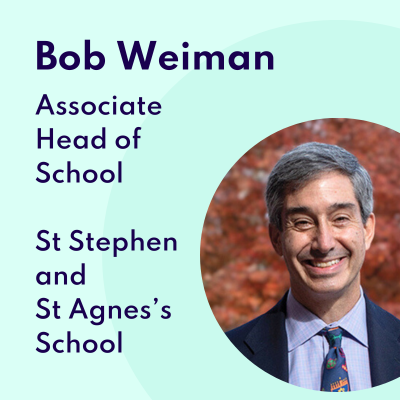|
As part of our commitment to diversity, equity, inclusion, and justice, we recognize observances and holidays that center the voices and experiences of historically excluded peoples in the United States. This month, we bring together resources for educators and schools to acknowledge Women’s History Month and the International Transgender Day of Visibility. To learn more about these newsletters, read our blog post on how and why we acknowledge. Recognizing Women's History Month Learn about the history of Women’s History Month: Britannica documents the myths and facts about Women’s History Month in the United States. International Women’s Day on March 8 has been celebrated for over 100 years - see the United Nations’ timeline. Recognize Women’s History Month in your school and community: Access resources and lesson plans for Women’s History Month at the Anti-Defamation League. Listen to Women’s Voices: In 2021, the New York Times asked women leaders, including Deb Haaland and Patrice Cullors, about the meaning of Women’s History Month at a moment of upheaval and transition. Angela Ceseña reflected, “This year’s Women’s History Month gives me hope during such challenging times.” Recognizing International Transgender Day of Visibility
Learn about International Transgender Day of Visibility: Founded in 2009 by activist Rachel Crandall, the Transgender Day of Visibility (TDOV) was created to honor the achievements and contributions of transgender people, and raise awareness of the work that still needs to be done to achieve justice for the trans community. Read President Biden’s 2023 Proclamation on TDOV. Recognize International Transgender Day of Visibility at your school: GLSEN’s TDOV resources, including downloads, book lists, and guides, are designed for all members of school communities to take actions to help create trans-inclusive school environments. Listen to trans voices: Celebrating Changemakers by HRC: Stories from the Transgender and Gender Non-Conforming Community shares experiences and stories from the trans community, celebrating progress and combating transphobia, stigma and anti-trans violence.
0 Comments
Every Academic Leader has two things in common: the to-do list is long, and there’s not enough time in the day to cross everything off. Academic Leaders are tasked with increasingly complex jobs with an expanding set of responsibilities, and that means they have to know more, do more, and be more efficient than ever before. The Association for Academic Leaders was created because we know how critical and complicated your work is, and we’re dedicated to getting you the learning, resources, and community you need to thrive. And that’s why we built the Association Research Assistant: to get you to the learning, resources, and community you need faster and more effectively. Our Research Assistant has access to everything the Association has produced since its founding. That includes the content of every course, every webinar, every newsletter and article. That’s more than 5 million words about the topics you care about, including Generative AI, hiring, inclusion, and leadership. When you ask the Research Assistant a question, you’ll get a brief answer that directs you to the big ideas you need to consider, and you’ll get links to relevant courses, articles, and videos that can get you the details you need. Let’s ask our Association Research Assistant a question. Here’s what you’ll get: In a few seconds, our Association Research Assistant combs through all the relevant information in those 5 million words. The resources give you a starting place for your work, which could include reading an article from our library, or taking an online course to prepare for introducing a new schedule–both linked here. There are also some things the Association Research Assistant isn’t designed to do. It won’t design a schedule for you, or write a letter for you, or create an outline for a slide deck. At the moment, our Research Assistant has access only to Association resources, so it won’t gather research or data from other sites or sources. We know that Academic Leaders ask the best questions, and that might mean you’ll ask a question the Research Assistant can’t answer yet. If that happens, we’ll use your question to help us understand what the Research Assistant needs to know, and how we can improve it. At the Association for Academic Leaders, we embrace iteration. As you’re using our Research Assistant, we’re still refining it. This is version 1.0. We’ll be making changes based on how Academic Leaders use this tool. We’ll be adding to the research library, and teaching the research librarian how to answer your questions more effectively. We’ll continue making changes, because we know you’ve still got a long to-do list–and with our new Association Research Assistant, we hope you can check things off a little faster. Ask your question! Not a member yet? Discover the benefits of joining the Association for Academic Leaders and gain access to the resources, community, and learning you need. Click here for membership details.
Where Our Team Will Be This Week:
Learn With Us at NAIS Workshops: Friday, March 1 at 1:45pm
Learn With Us at NAES Conference on DEIJ and Episcopal Identity: Thursday, March 7 at 1pm ET
Anneke’s work in the class helped her to understand the importance of making sure first encounters with Generative AI were manageable and accessible. She designed a brief, user-friendly online resource to jump start conversations at the start of the year: “I used some of the video and written resources, as well as the course’s big questions to guide our framework.” She also designed workshops for teachers using the resources from the course. "We really wanted to get AI language into rubrics, into syllabi, and into classroom conversations when students returned to school last fall," Anneke emphasized. "The Association's course, and the resources we were able to develop as a result, helped us give folks the information they needed to consider how they wanted to set expectations with students.” Association Members: Click here to read of the rest of the post in the Association Portal!
Non-members: Learn more about membership and explore all of our offerings on our website.
Bob started out by "reading every article, watching every YouTube video, and going to every webinar." The Association's course AI Guidance for Academic Leaders was instrumental in Bob's drive to understand the impacts of Generative AI. "There were so many high-caliber resources included. Instead of having to do all of that searching on my own, it was right there." Bob found added benefit in attending the Association's live programming: "The Meetups and Cohorts were even better." Association Members: Click here to read of the rest of the post in the Association Portal!
Non-members: Learn more about membership and explore all of our offerings on our website. |
Don't miss our weekly blog posts by joining our newsletter mailing list below:AuthorsBrad Rathgeber (he/him/his) Archives
July 2024
Categories |






 RSS Feed
RSS Feed